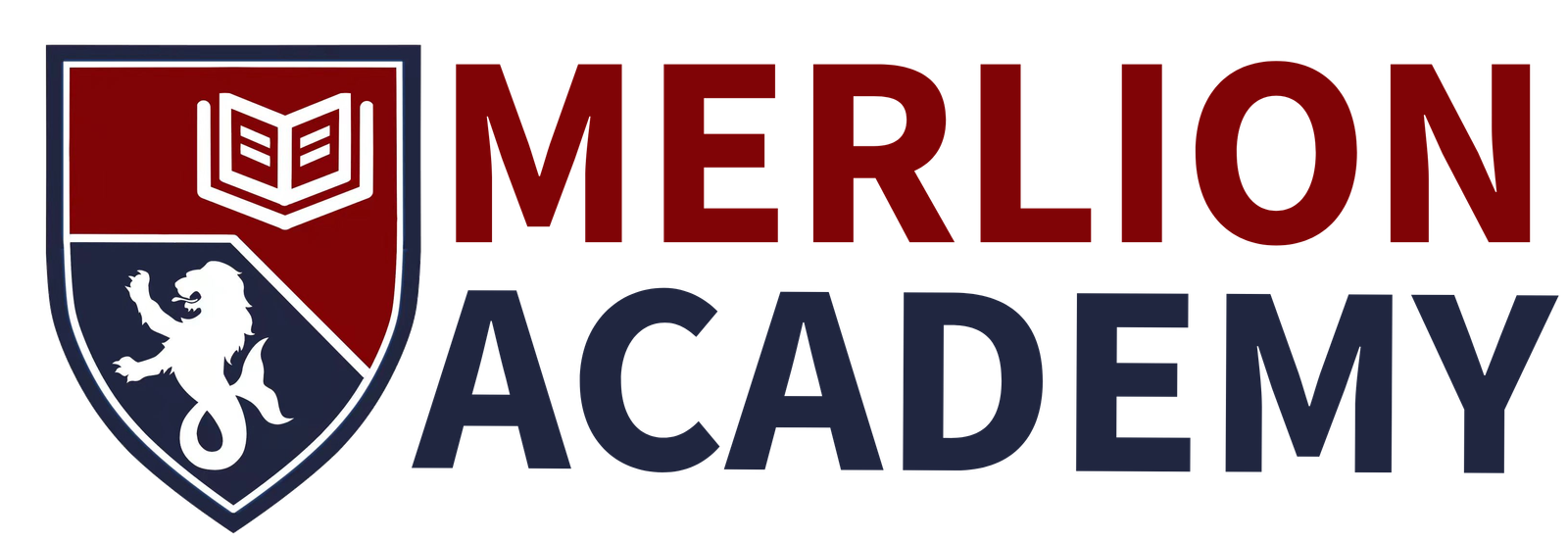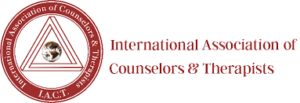Postgraduate Diploma in Adolescent Development, Assessment & Intervention (Youth Work) (ONLINE)
Adolescence is the transitional period between childhood and adulthood, and it involves some significant changes (e.g., to the body and to an individual’s perspective of the world) which include many physical, sexual, cognitive, social, and emotional changes that happen during this developmental period. Adolescence is divided into three phases: early adolescence (10 to 13 years old), middle adolescence (14 to 17 years old) and late adolescence (18 to 21 years old). Each of the phases has its own set of challenging issues such as depression, anxiety disorder, anorexia, social phobia, antisocial and oppositional defiant disorder (ODD). Learners will also be introduced to Ellen Galinsky’s six stages of parenthood development and how it affects the way parents go about managing their adolescent kids. Learners will also be introduced to youth work. This is a specialised field that involves in handling and providing support to young individuals (adolescents) with behavioral difficulties.
Learners will be provided an understanding about the different kinds of disabilities and disorders (introduced through a systemic structure based on the framework of six levels of learning and behavioral challenges/problems under three different categories of causative origin) seen in many adolescents. These include both learning problems and behavioral challenges. Learners will be introduced to the Splitter-Lumper Model of disabilities and disorders with examples of selected conditions such as attention deficit/hyperactivity disorder (ADHD), autism spectrum disorder (ASD), and specific learning disabilities (SpLD). Using the 14 disability categories provided by the US Individuals with Disabilities Education Act of 2004 (IDEAS 2004), the course will be introducing these categories as listed in the Educator’s Diagnostic Manual (Pierangelo & Giuliani, 2007). This nosological classification system will help the trainees to identify and differentiate the disabilities and disorders based on their symptoms and subtypes as well as specific subtypes. Measurement in the field of education for adolescents comprises assessment, evaluation and management will also be introduced. Learners will be taught how to use selected assessment tools, score and interpret the results in order to create a comprehensive profile of an adolescent.
The one-year programme represents practical knowledge, skills, capabilities and competencies. It is accredited by the International Association of Therapists. Graduates could gain a maximum of two module exemptions of the Practising Licence Programmes with the renowned professional body International Association of Counselors and Therapists (IACT) based in the United States of America (USA).
The IACT is a prestigious professional body that admit any member who have fulfilled the rigorous Practising Licence Programmes and requirements to obtain practising membership as a counselor and therapist. Membership with the IACT is a mark of high standard and excellence. Practising members are not only knowledgeable, skilled but are also highly respected as well. They are eligible to set up therapy or special education needs centres globally, and provide intervention and therapy programs from children, adolescents to adults with special education needs.
Merlion Academy is the only authorised academy in Asia to supervise and verify candidates’ work seeking to gain admission as an IACT’s member.
The units of the program are:
- Unit 1: Understanding the Development Stages of Adolescence
- Unit 2: Challenging Issues in Adolescence
- Unit 3: Parenting Adolescents
- Unit 4: Working with Adolescents
- Unit 5: The 4 Categories of Symptoms in Disabilities & Disorders
- Unit 6: Understanding the Splitter-and-Lumper Model of Disabilities & Disorders
- Unit 7: Disability and Diagnostic Categories [Level 1]
- Unit 8: Psychoeducational Measurement in Adolescence
- Unit 9: The Adolescent Psyche and Personality Types
- Unit 10: Social-Emotional & Academic Challenges in Adolescents

Assessment:
- Assessment is based on coursework, assignments and essays with no formal examinations
- Guided learning hours to fulfill: 360 hours
- Credits to attain: 90 credits
Entry Requirements:
Age
21 years and above
Minimum qualification
Diploma graduate in any discipline
English requirement
1. Pearson Test of English (PTE) 51; or
2. IELTS 5.5 (reading and writing must be at 5.5); or
3. TOEFL 59
5. Equivalent (such as Pearson Versant English Test).
Course Fees:
(Non-refundable one-time application fee of SGD 95.00 is payable upon application)
Program fee
SGD 7,500.00
Marking fee
SGD 1,000.00
Payment mode
Stripe / Credit card / Alipay
Refund Terms
90% – more than 28 days before course commencement
50% – less than 28 days before course commencement
10% – less than 3 days before course commencement
0% – more than 3 days after the course commencement



